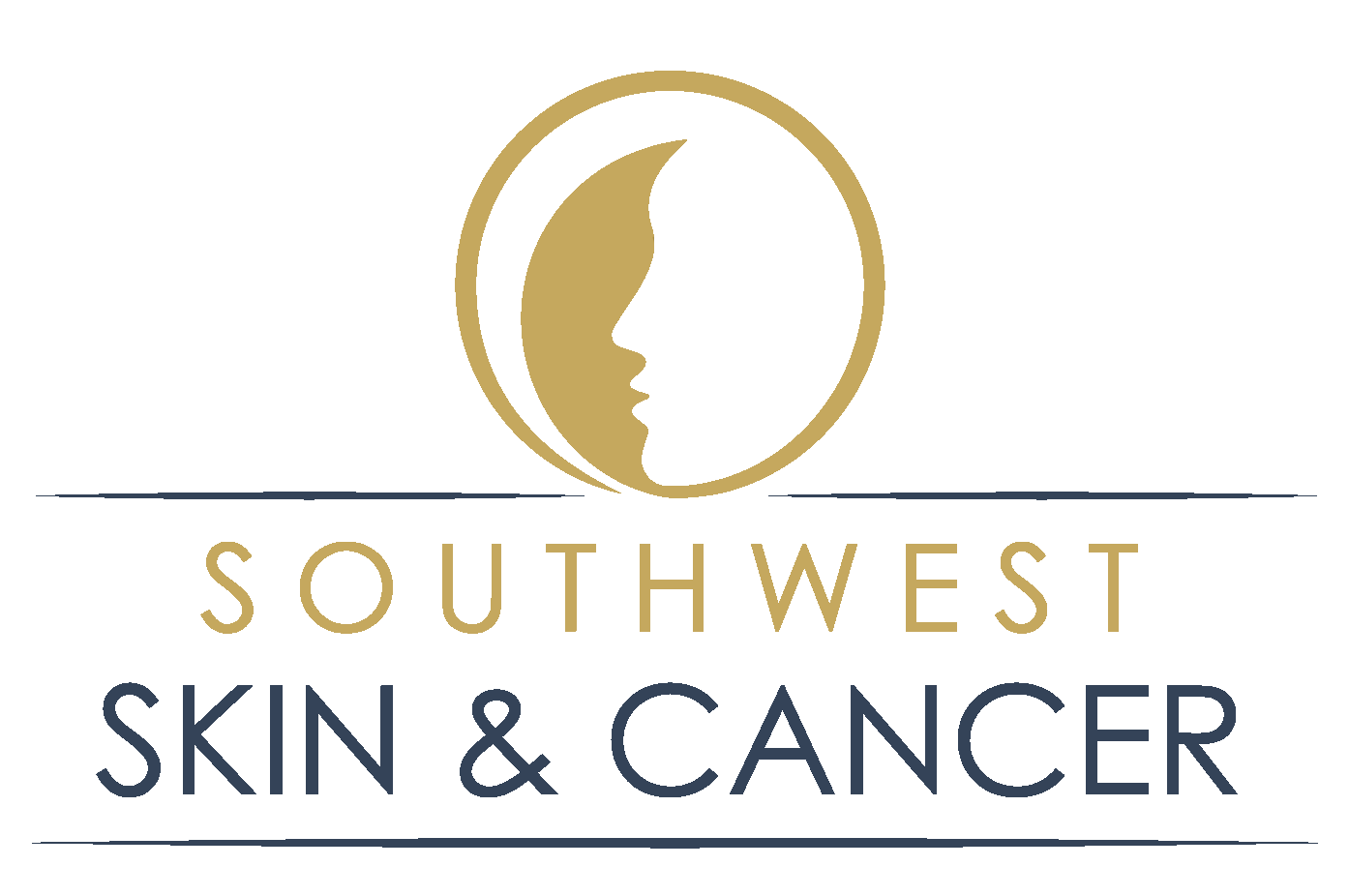Frequently Asked Questions
Dermatologists are doctors with added training that allows them to diagnose and treat disease of the skin, hair, nails and mucous membranes. Dermatologists treat skin cancers, moles, warts, fungal infections, psoriasis, acne, dry skin, contact dermatitis and other skin conditions. Dermatologists are also surgeons, who can prevent or provide early control of disease.
Periodic self-examinations aid in recognition of any new or developing lesion. Become familiar with your skin and your own pattern of moles, freckles and beauty marks. Make sure to look at your entire body every month or two. Watch for changes in the number, size, shape and color of pigmented areas. Warning signs to look for include changes in the surface of a mole; scaliness, oozing, bleeding or the appearance of a new bump; spread of a pigment from the border of a mole into the surrounding skin; change in sensation (i.e., itchiness, tenderness, pain).
- Generously apply sunscreen to all exposed skin, including lips.
- Wear protective clothing such as long sleeves, a wide-brimmed hat, and sunglasses if possible.
- Seek shade between the hours of 10:00AM-4:00PM. The suns rays are the strongest during these times.
- Use extra caution near water, snow and sand because they reflect the damaging rays of the sun, increasing risk of sunburn.
- Get Vitamin D through vitamin supplements.
Petrolatum, an ingredient in many lotions, creams and ointments, is an excellent moisturizer. Other ingredients such as urea, alpha hydroxy acids, lactic acid, and ammonium lactate help the skin hold water.
Dry, itchy skin can be treated with a moisturizer after bathing, while the skin is still damp. Bathing less frequently and using milder soaps or a soap substitute, or soaking in a tub of warm water without soap can help relieve dry skin.
Detailed instructions are provided to patients at the time of their visit. However, if you have questions, please see our general guidelines below:
- Do not remove bandage and keep area dry for 24-48 hours after the procedure.
- When sutures are placed, you may wash the area gently 48 hours following the procedure–Never submerge sutures in water.
- Keep the area clean and moist with antibiotic ointment daily. And do not cover the area with bandages unless necessary.
- Most wounds take 1-3 weeks to heal.
- Redness, swelling, bruising, and bleeding are normal in small amounts. If these become excessive or you develop fever, chills, and drainage, please call your provider.
If a surgical wound starts to bleed, first try stopping the bleeding with ice and compression for thirty minutes straight. If this does not resolve the problem please call your doctor.
Take all medicines as before, except any that the clinic has asked you to stop such as blood thinning medications. Please eat before you come and plan to bring someone with you, especially if we will be working on the head or neck. Please call with any specific question or concerns.
Actually, many reactions to creams used for treatment of pre-cancers cause moderate to severe reactions. We expect this, as this is a sign it is working. Please, however, feel free to call at any time to be checked if your case is more concerning.
We recommend treating some wounds with vinegar soaks. The ratio of dilution is 1 tablespoon of white vinegar to 1 cup of warm water. Place small washcloth or rag in the solution so that it is damp and hold it over the wound for 5-10 minutes. Repeat 1-2 times daily as recommended in clinic.
**Please note that these FAQ’s are meant to serve as a general guideline. If any treatment, medication or condition is concerning to you please do not hesitate to call!

Phone: (435) 628-2826
Toll Free: (800) 585-9953
Fax: (435) 628-2839


